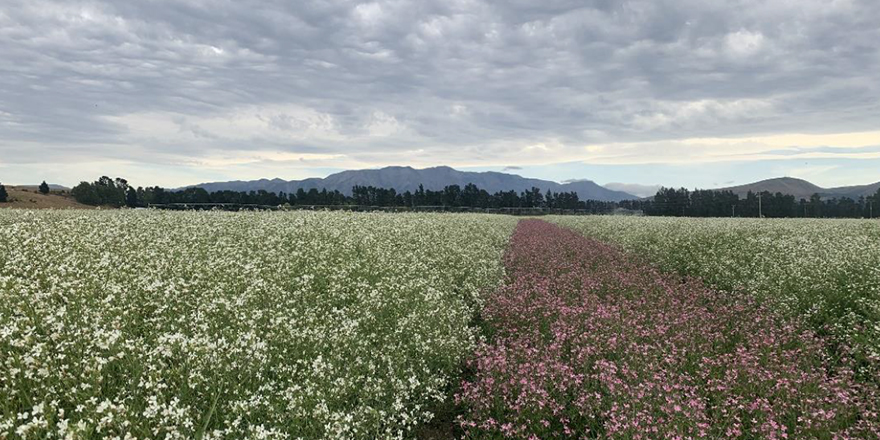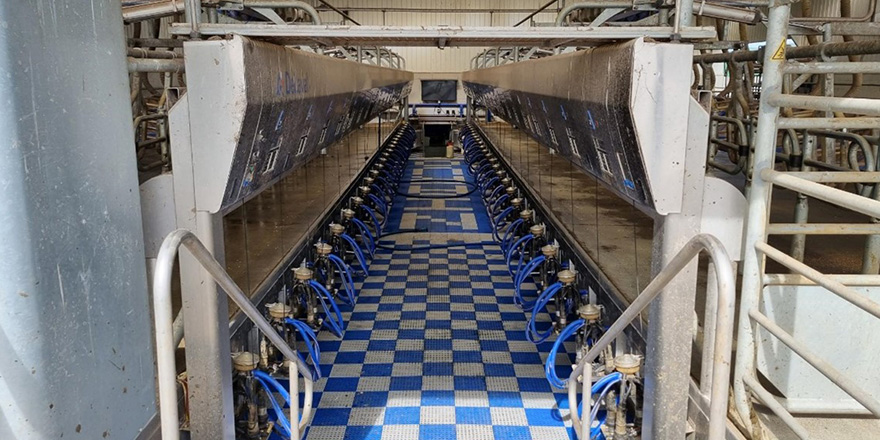
Executive summary
Background
The New Zealand agriculture industry is being challenged to prove food and fibre is produced in a way that is considered sustainable by their export markets and local community. This is leading them to question what sustainable production looks like and how they show this. Increasing levels of regulation also mean there is greater financial risk from non-compliance, and their stakeholders are asking them for more detailed non-financial information. Non-financial reporting (“NFR”) is a way to help businesses manage their nonfinancial
risk areas, meet trade requirements, and communicate effectively with stakeholders.
Aims & Objectives
The research project aimed to understand how farmers are using NFR to generate more value in their business, and how they communicate their non-financial information to stakeholders, with the research question being: “How do farmers use non-financial information to measure sustainability performance and report to stakeholders?” This is important as farmers need to be able to generate value for their business and themselves from NFR, instead of it just being an additional cost and compliance obligation.
Methodology
The methodology comprises of a literature review to provide context around the changes in NFR and the requirements of the sector, farmers, and stakeholders. This aimed to provide clearer understanding of what NFR is, why it is important for sustainable development and stakeholder relationships, and how it can be developed in a farming business. Qualitative, semi-structured interviews were used to obtain insights and findings from farmers and stakeholders concerning non-financial reporting outcomes and effectiveness, how
sustainability was defined, and whether integrated reporting would be useful.
Key Findings
Analysis of the themes arising from the literature and interviews found:
- Non-financial information and reporting should be an important part of the business planning and strategy process, and integrating reporting with financial results can help to drive investment decisions.
- In managing their banking relationships, farmers should also look to show their financial understanding of environmental implications and their financial investment in environmental/social sustainability in their budgets and financial results.
- An important driver of sustainability is having good people employed on farm that understand how they contribute to farm sustainability.
- While farmers are adapting to compulsory measures of NFR for compliance, and some are going above and beyond compliance, others are struggling to understand what these numbers mean for their business.
Recommendations for Farmers
1. Identify what non-financial Key Performance Indicators (“KPIs”) are relevant to your business and use these as part of your business planning process to help ensure these are effective.
2. Engage support from your trusted advisory team to help you implement effective non-financial reporting.
3. Provide balanced NFR alongside financial reporting to shareholders and financiers to help provide whole-farm focus in discussions around results.
4. Engage with employees effectively as part of the sustainability process, to build a sustainable culture on-farm that will help generate desired results.
5. Drive farmer-led benchmarking to understand where you sit on the sustainability bell curve.
6. Understand the cost of being an early adopter, and target investment in sustainable actions gradually that will help to set up long-term business resilience.
Recommendations for Stakeholders
1. Engage early with farmers as part of the pre-audit process to gain buy-in and engagement for compliance requirements.
2. Build advisor capability to help farmers with the sustainability journey.
3. Use technology effectively and invest in systems that reduce time and input requirements for farmers to report on sustainability efforts.
4. Support early adopters of sustainable actions, through either financial assistance, industry recognition, or market premiums.
Download and read the full report here:




